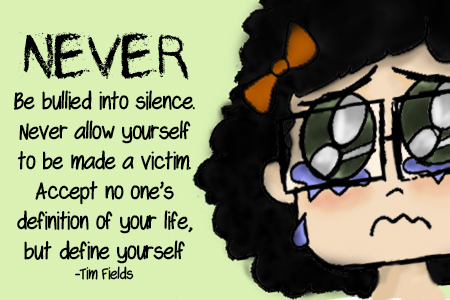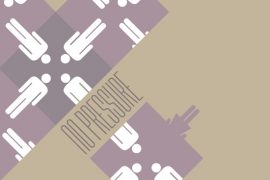Article in brief: Through a personal story, sheds light on bullying; its main reasons and impact, and calls upon taking such dangerous phenomenon seriously.

In any community, inequalities in power, or at least perceived power, is a common social phenomenon. But if taken too far, they often lead to intimidation, mental and physical harm – and even tragedy.
By definition, “Power Imbalance” describes the influence a person or group has on another. This is common in many relationships such as a manager to an employee, an older to a younger sibling, or the growing phenomenon of bullying.
Recently, we witnessed the “road-rage” incident that has shaken the Emirati society; of the appalling violence a high-profile National committed against an expat on the road. All factors aside, such bullying was mainly a cause of an imbalance of a perceived power the abuser believed he had over his victim.
Focusing on school bullying, I’d like to recount a story from vivid memories of my own experience. In kindergarten, I was the youngest and quietest in the class and thus an easy target for the bigger kids. At break time when everyone would gather in the playground, I would sit on the classroom step to have my lunch that I’m not allowed to have in class; where I believed it was safer for me.
Every day the kids threw insults, and sometimes objects, at me. When I told the teacher she answered, “Don’t be a baby.” I chose not to say a word, not even to my parents as they once said when I’d been open to them, “They’re probably joking.”
Growing up, the bullying continued – from verbal abuse to having my lunch money stolen and being physically beaten up. I never fought back and never spoke a word to anyone.
The most difficult and excruciating part of my story happened in the sixth grade; when I decided I’d join the bullies. I can’t recall whether it was out of need for retribution or a defensive mechanism, but I certainly felt safer being on the most powerful side.
Our target was a quiet girl called Manal who sat at the back of the class. We would tease her, call her names, hurt her physically, and once framed her for something she never did.
Manal, like I had been, never fought back. There was a moment when we were all surrounding her, laughing at her while she lifted her arms to her face as if to shut out our jeers.
At that moment, I suddenly realised the horror of what I was part of. Not daring to speak against the bullies at that moment, I just kept quiet. Sometime later I went to her and said I was sorry. I don’t think she forgave me and I wouldn’t blame her. But it did put an end to a time that was far from my greatest moment.
Such memories don’t fade away. Even now, I get goose bumps thinking about it. I had friends at school and have some very positive memories, but the experience of bullying always overshadows them – both from the perspective of having been bullied and being a bully.
Nevertheless, as an experience draws to an end, it always entails a lesson or two. Having said that; as young as I was, I earnestly took it to heart that care and compassion will always be part of who I am, and that making people feel stronger and better about themselves will be a riveted part of my mission in life. So, to the quiet and unassuming curly-haired Manal – not one day passes that I don’t think about the mental grief I may have caused. So, I beg you to forgive me.
If there’s one underlying message I’d like to finish on, it’s that there is nothing one can underestimate about the long-lasting psychological damage bullying can cause.
According to an international statistic, a quarter of students in a given school are directly involved in bullying. And as a general finding, the same study suggests that involvement in bullying consistently causes poor functioning in school, a weak emotional adjustment, and affects a child’s personal well-being in the long term.
Such phenomenon transcends children, peer groups, and communities, and as such is a significant issue that warrants attention starting from the basic environments in our societies; our homes and schools.
Unless schools take serious measures to prevent this growing menace, and parents consider this as something beyond that “it’s just what kids do”, it will continue to cause damage to all who encounter it – whether they’re the victims or perpetrators, and affect the overall development of our society.
Source of study: www.prevnet.ca




What a brave article… I am sure many of your readers will reflect on their own memories and remember such incidents from their childhood…
Our children should be taught to confront bullying with strength, with composure, but above all with knowledge that the bully is really, ultimately, the victim.
I never underestimated your power with words. A well-written and brave article, great job!
Sometimes deep pain can make you a creative person, sometimes being a target for bullies can either destroy you or make you a legend,
below video that can be related somehow to your post.
http://www.youtube.com/watch?v=mBZAFJ-Q6Mw